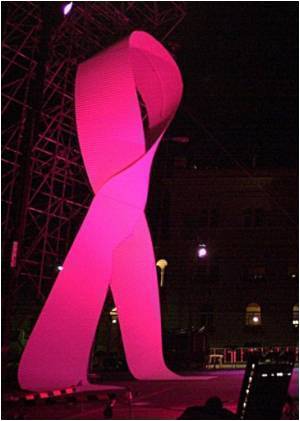A new study says that people with a family history of male breast cancer perceive themselves to be at higher risk of developing the disease

Suzanne Schiffman, MD, a general surgery resident at the University of Louisville and Anees Chagpar, MD, director of the Multidisciplinary Breast Care Program at the James Graham Brown Cancer Center conducted the study.
They found that more than 60 percent of those with a first-degree relative with male breast cancer perceived themselves as being at higher risk of developing the disease, while only 46 percent of those with a female first-degree relative did.
But only 38.4 percent of those with a relative with male breast cancer had heard of genetic testing, compared to more than 50 percent of those with a female relative with breast cancer.
"Our findings speak to a real communication issue in health care," Chagpar said.
The likelihood of a breast cancer mutation increases with certain familial patterns of cancer incidence, including two first-degree relatives with female breast cancer with one diagnosed before she was 50, or one first-degree relative with male breast cancer, Schiffman said.
Advertisement
The study was published in the August issue of the journal The American Surgeon.
Advertisement














